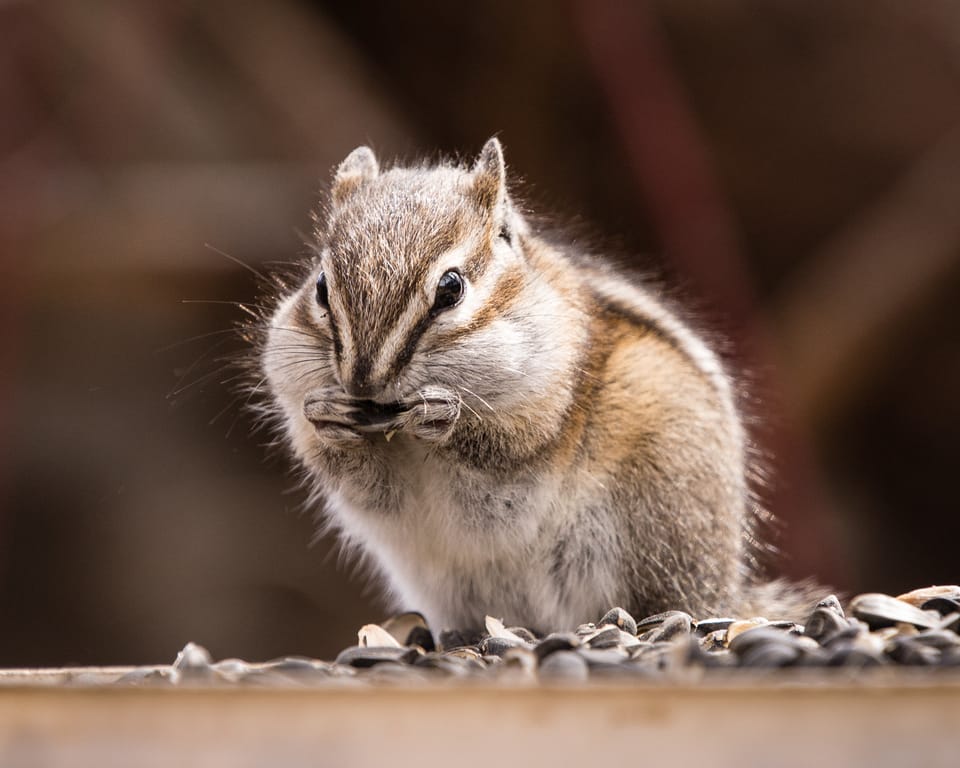EcoWest News, March 22, 2022

Welcome to EcoWest News, a weekly round-up of news and resources that you can put to use in addressing environmental issues and protecting the wild in your community.
Introducing … The Lake Winnipeg Foundation
The Lake Winnipeg Foundation advocates for change and coordinates action to improve the health of Lake Winnipeg. Their activities are guided by a science advisory council. The Lake Winnipeg Health Plan identifies 8 key actions to address the root causes of harmful algae blooms.
Introducing … My Big Alberta Backyard
Looking for natural areas to visit in Alberta? Check out Nature Alberta’s My Big Alberta Backyard guides to small urban areas as well as large biosphere reserves. Here is a sample from the most recent guide:
Calgary’s Inglewood Bird Sanctuary is one of the only migratory bird sanctuaries inside a city and also one of the smallest. Visitors to the sanctuary can spot both common (nuthatches, common goldeneye) and rare (yellow vireo, yellow-crowned night heron) birds. There are also mule deer, coyote, and porcupine as well as a nature centre with interpretive displays.
Introducing … The BC Bird Trail
The BC Bird Trail offers birdwatching itineraries including attractions, activities, and accommodation. Regional trails include Central Vancouver Island, Richmond Delta, the Fraser Valley, South Fraser, and Columbia Valley.
Research Matters
BC Climate Health Network has published two recent reports. Climate, Health and Covid-19 in British Columbia analyzes how telemedicine, green infrastructure, and food security have been impacted by the pandemic and will likely be impacted by climate change. Collaborative Action on Health and Climate Change, Community Stories recounts action that has been taken to address health and integrate equity into climate action planning, extreme heat, wildfire response, air quality, flood response and capacity building.
Health in a Changing Climate, Health Canada, looks at the impact of climate change on a wide range of issues including air quality, natural hazards, and the disproportionate impact on different socio-economic groups.
Ecosystems don’t obey international boundaries. The Salish Sea Institute is based at Western Washington University, but its upcoming Salish Sea Ecosystem Conference will be relevant in BC as well. The State of the Salish Sea report provides a spectrum of ideas and opportunities for how governments, organizations, and individuals can work together to meet the needs of science and science-driven management that will sustain the Salish Sea estuarine ecosystem.
Across the West
Three northern Saskatchewan First Nations are engaged in lawsuits against the Government of Saskatchewan and SaskPower over the impacts of hydroelectric projects on their treaty rights and reserve lands. The Saskatchewan Association of Environmental Law outlines the background and current status of the cases. [SKAEL]
A Saskatchewan family can’t sell their property or get a line of credit because the land is contaminated by a neighbouring industrial site. They’re getting stonewalled by both the provincial government and Imperial Oil. [The Narwhal]
The requirement for a wildlife corridor as part of a new development near Canmore profiles some of the points to be considered when developing a safe passageway for wildlife. [RMO Today]
Vancouver is North America’s largest coal port, and almost 30% of the coal shipped comes from the US. This results in airborne coal dust, contaminated rainwater runoff, and the potential for fire and accidents. In addition, expanded shipping traffic has led to delays with foreign ships polluting the waters around the Gulf Islands. [Vancouver Sun]
Around the World
The rapid rise of fences is affecting ecosystems on every level from blocking long-distance migration, to increased disease transmission due to concentration of animals, and decreasing insect abundance as spiders have more places to build webs. Alternatives include virtual or portable fencing. [Yale Environment 360]
Wildfire suppression and management tactics fail to consider their impact on the environment and biodiversity and must be updated. [Science Direct]
Lessons from the Netherlands: flood control tactics that work – river widening and fish-friendly pump stations and floodgates. [The Province]
Weeds often provide more pollen and nectar than cultivated plants and wildflower mixes. Let them take over the margins and difficult spots in your garden. [The Guardian]
Nature’s Wonders
Freshwater mussels are aquatic heroes, from water purifiers to record-keepers of the natural environment. [The Revelator]
Photo credit: https://www.flickr.com/photos/apmckinlay/34189624652/
EcoFriendly West informs and encourages initiatives that support Western Canada’s natural environment. Like us on Facebook, follow us on Twitter, or subscribe by email.

Member discussion